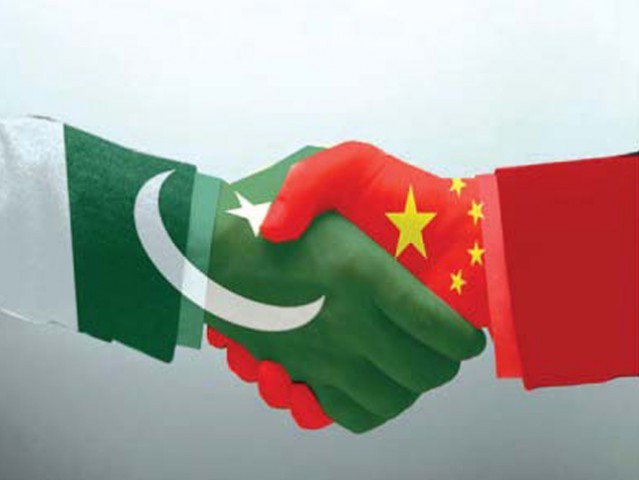Tuesday, December 08, 2015 – AS the construction of the China Pakistan Economic Corridor (CPEC) gathers momentum, projects worth of billions of US dollars are being laid out in Pakistan. Furthering cultural exchange and bridging the language gap should be a vital insurance policy among the many aspects of work that need to be done to ensure these investments live up to expectations and deliver results.
As a matter of fact, both the Chinese and Pakistani governments have realized the importance of this issue. In the 20-point joint communiqué signed during Chinese President Xi Jinping’s State visit to Pakistan in April, the two sides announced that a Chinese cultural center will be set up in Islamabad and three pairs of Chinese and Pakistani cities announced sister city ties. These new ties are on top of three existing Confucius Institutes in Pakistan.
The joint communiqué also called for both sides to organize book fairs in the other country, translate each other’s publications, and localize radio and TV programs. China also announced it would provide 2,000 training opportunities for Pakistanis within the next five years.
The leaders of both countries agreed that people-to-people exchanges have an indispensable role to play in a time when the two countries are expanding their close political relationship into the economic arena.
In 2014, Chinese universities enrolled 13,360 Pakistani students, according to the Ministry of Education, eight times more than that in 2005. There should be more scholarships and study programs offered to Pakistani youths to foster understanding, given the urgency of the construction of the CPEC.
Yet we should be clear about the fact that currently the number of Pakistanis studying in China far exceeds that of Chinese studying in Pakistan. There is a disparity. But the highway of Sino-Pakistan cultural exchange should not be a one-way street.
In fact, many Chinese people’s knowledge of Pakistan can only be described as extremely basic. One Pakistani friend confided in me that during his studies at one of China’s prestigious universities, he dreaded the English language corner.
Because whenever he showed up and told other participants that he came from Pakistan, two questions would confront at him immediately: Are terrorist attacks still rampant in Pakistan and is it true that each Pakistani man has four wives? Fed up with endlessly explaining these things, he left the language corner for good. And we must remember that participants there are supposed to be knowledgeable and open-minded.
While it is wrong to say that Chinese people’s understanding of Pakistan is non-existent, this example surely showed that Chinese should spend more time learning about Pakistan, especially at a time that the two countries’ economic ties are at the highest level.
Simply for the sake of doing business, it is sensible to have a sound understanding of the cultural and national situation of one’s business partners’ home country.
We should bear in mind that Pakistan is of vital importance to the Chinese business community, as it could serve as a springboard to a vast market in other Muslim countries, for example, the markets in the Gulf region and Southeast Asia.
On the other hand, the education authorities must take up responsibility to make sure Pakistani students completing their studies at Chinese universities and colleges receive the right education in not only on their disciplinary subjects but Chinese language and culture.
Some Pakistani students who have graduated from some leading Chinese universities after several years of study, I was told, could not speak even simple Chinese sentences.
While they majored in engineering, medical science, or other non-linguistic disciplines, it is a shame that they squandered their opportunity to learn the Chinese language and savor Chinese culture while they are in China, an experience that may prove to be a great asset in their future careers, especially if they work with or in Chinese companies.
Educators in China have an obligation to equip Pakistani students with an understanding of China and some linguistic capacities, on top of professional knowledge.
As the CPEC plays an ever increasing role under the framework of the “One Belt, One Road” initiative, a vast program aiming at enhancing connectivity between China and Eurasia, talents with a deep cultural understanding of China and Pakistan will be presented with unique opportunities.
Since the start of the year, a steadily rising number of Chinese business executives, engineers, sales managers, media professionals, and teachers have embarked on trips to Pakistan. This rise in demand has been met by Air China, the State-owned airliner, which recently opened an air route linking Beijing, Islamabad and Karachi.
The arrival of more Chinese people in Pakistan, and the increased understanding of Chinese toward Pakistan and its people, will also be a guarantee of the success of the CPEC.

